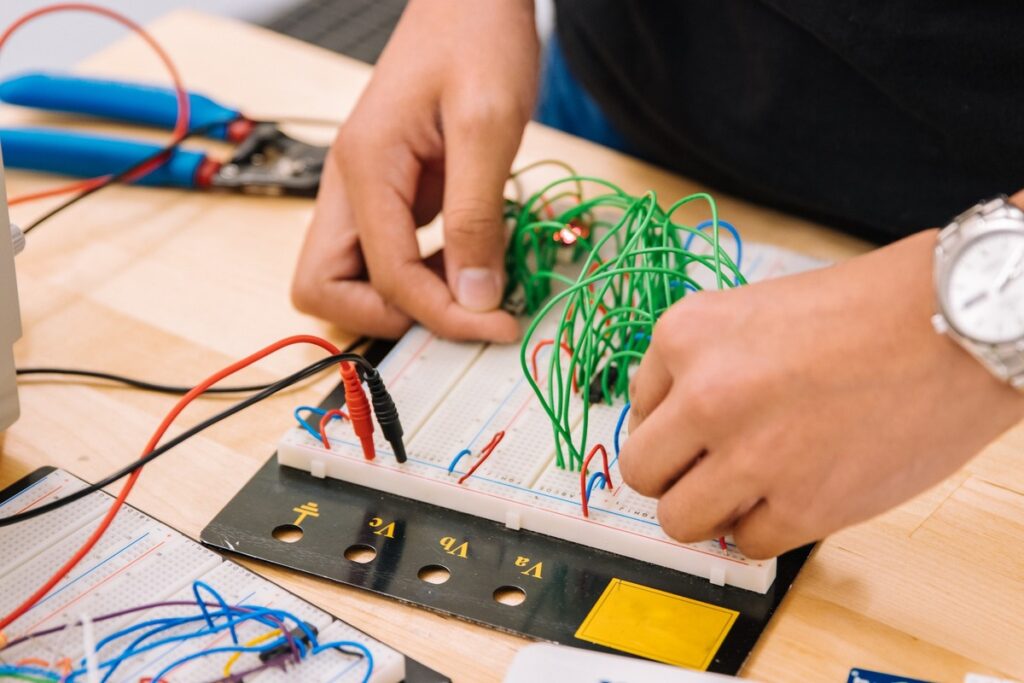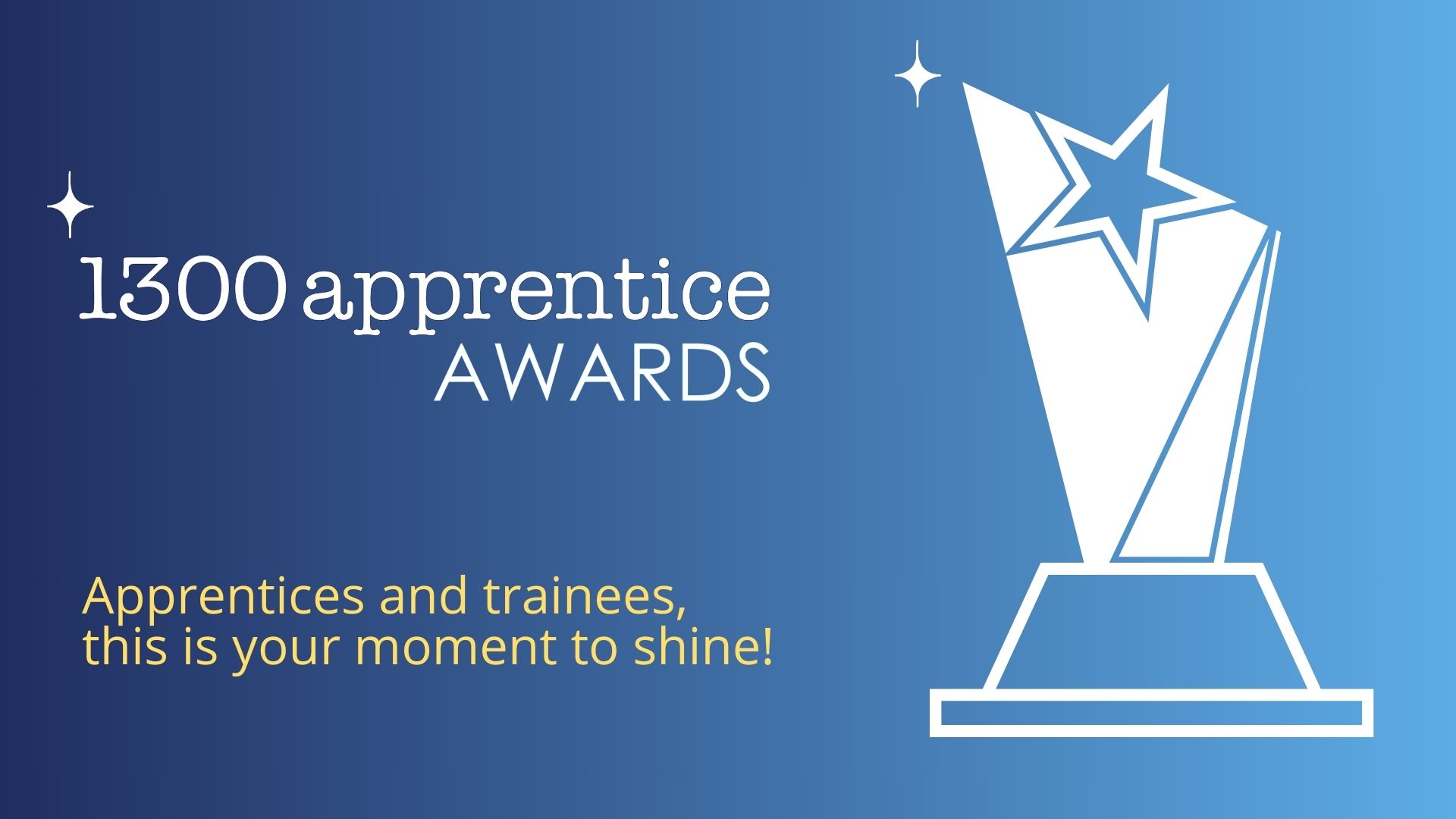Engineering Careers You Didn’t Know Existed
5 Lesser Known Careers In Engineering
Engineering careers you probably didn’t know existed

Engineering represents a vast field, one filled with numerous exciting opportunities to problem-solve and create innovative solutions across many industries.
There are many well-known and well-charted paths, such as civil engineering, mechanical engineering, electrical engineering and more. However, many lesser known engineering careers also exist that are equally important and in demand, if not more—especially as technology evolves and advances.
In this article, we’ll explore a few uncommon engineering jobs that you might not have known existed!
1. Mechatronics Engineer

When most people think of mechatronic engineering they think of robots—and they’d be right. However, robotics represents just one subset of the field. Mechatronic engineering is a wide engineering field dedicated to creating intelligent systems.
On top of robots, mechatronic engineers also create automated (computer-controlled) systems and smart home devices. The field of mechatronics engineering combines mechanical, electronics, and computer engineering.
Related apprenticeships:
2. IoT Engineer

IoT is an exciting emerging field in technology for engineers and users, with a lot of recent advancements that make the technology more practical and accessible for everyday use today; so you won’t just be thinking up possible models for the future. IoT or Internet of Things may have an unusual name, but you have probably seen or heard of devices that have this technology before. Consider a Google Home, Amazon Alexa, motion-activated lights, or a doorbell camera. Some more impressive examples are also self-driving autonomous vehicles and industrial sensors. These are all IoT devices.
IoT technology revolves around putting computing and sensors into everyday objects, so that they can send and receive data, and act when certain conditions are met. It allows for a lot of smart devices to actually be smart.
IoT engineers need to learn computer science and electrical engineering, with a particular focus on wireless communication, data analysis, and cybersecurity. The last of which: cybersecurity, represents a prime challenge in IoT today.
Related traineeships:
3. Automotive Engineer

Automotive engineering is involved in the process of designing and developing vehicles, including cars, trucks, and motorcycles. Automotive engineers work on everything from the chassis and suspension to the engine and electrical systems.
To become an automotive engineer, you’ll need a qualification in mechanical or automotive engineering. Additionally, you’ll need to develop skills in CAD (computer-aided design), materials science, and manufacturing processes.
Related apprenticeships:
4. Renewable Energy Engineering

Renewable energy engineering is a specialisation within the field of electrical engineering. Engineers instead work with systems like solar panels and wind turbines to generate power, over traditional sources.
Renewable or green energy is a growing field, with more and more people worldwide dedicated to the cause of switching to a cleaner source of power and limiting carbon emissions. Renewable engineers work on the production of energy through these natural channels, making methods more efficient and minimising impact on the environment that these technologies might create.
Related apprenticeships:
5. Telecommunications Engineering

Telecommunication engineers design and oversee installations for phone, internet and other communication cable systems or networks. This can include working with optic fibre, copper, satellites and other wireless technologies.
This is a wide field for engineers and can often also be connected to electronic or civil engineering.
Related apprenticeships:
Becoming An Engineer Through An Apprenticeship

Engineering represents an exciting, evolving and lucrative field option. While most applicants into the field get in through a university pathway, a relevant apprenticeship also represents a less followed but still effective route in that it prioritises practical knowledge, skills and experience.
After finishing a relevant apprenticeship and certificate, you may have the opportunity to progress your studies further with an advanced diploma or certificate (AQF level 8, one higher than a bachelor’s).
Engineering apprenticeships allow you to work and learn at the same time, so you can focus more time on your craft and gain relevant skills through an experienced mentor.
Remember to do your research and evaluate your options based on your goals, skills and circumstance. As with any job or type of study, an apprenticeship or traineeship is a commitment.
Your school’s career advisor can assist you in developing a career progression plan tailored to your engineering career path. Alternatively, our team can otherwise provide some assistance on what apprenticeship or traineeship would be best suited to your career goals.
Today is International Water Day, highlighting the importance of fresh water in our daily lives. Providing infrastructure and support to keep fresh water moving is part of Mick’s everyday job. As a Senior Project Manager at @centralhighlandswater, Mick started his career at the age of 17.
“I enjoy civil engineering because it’s different every day. It allows you to be creative. It’s a fantastic industry to be involved with and if your passion is good communication and team building, you’re a fair chance that you’ll enjoy project managing.” Hear his full story: https://myfuture.edu.au/occupation-spotlight #OccupationSpotlight #InternationalWaterDay
Recognition Of Prior Learning
Further studies allow you to specialise in an interesting engineering career where you can play a more theoretical or supervisory role in creating new innovative products. Your experience, practical skills and knowledge don’t go to waste with most universities offering recognition of prior learning
This resource from the NSW’s Education department can be useful if you’re looking to learn more: Recognition of Prior Learning
Get Started in your Vocational Training
1300apprentice has assisted over 2,000 apprentices and trainees to successfully find sustainable and rewarding careers at work.
- Browse our Apprenticeship Programs
- Explore Available Jobs
- Or become a Host Employer
You can also learn more about the Australian Government’s financial incentives for extra support you while you’re training.




